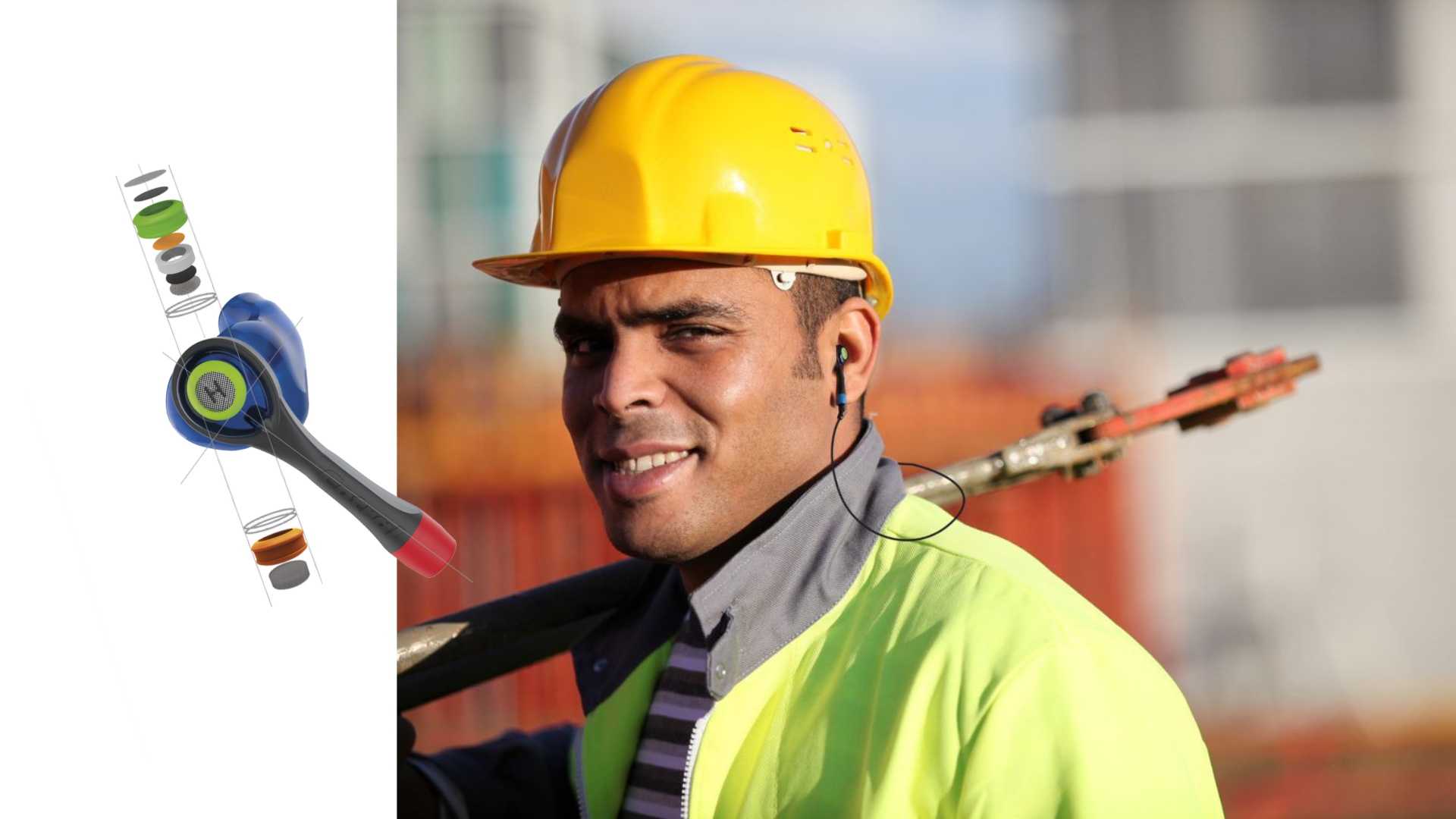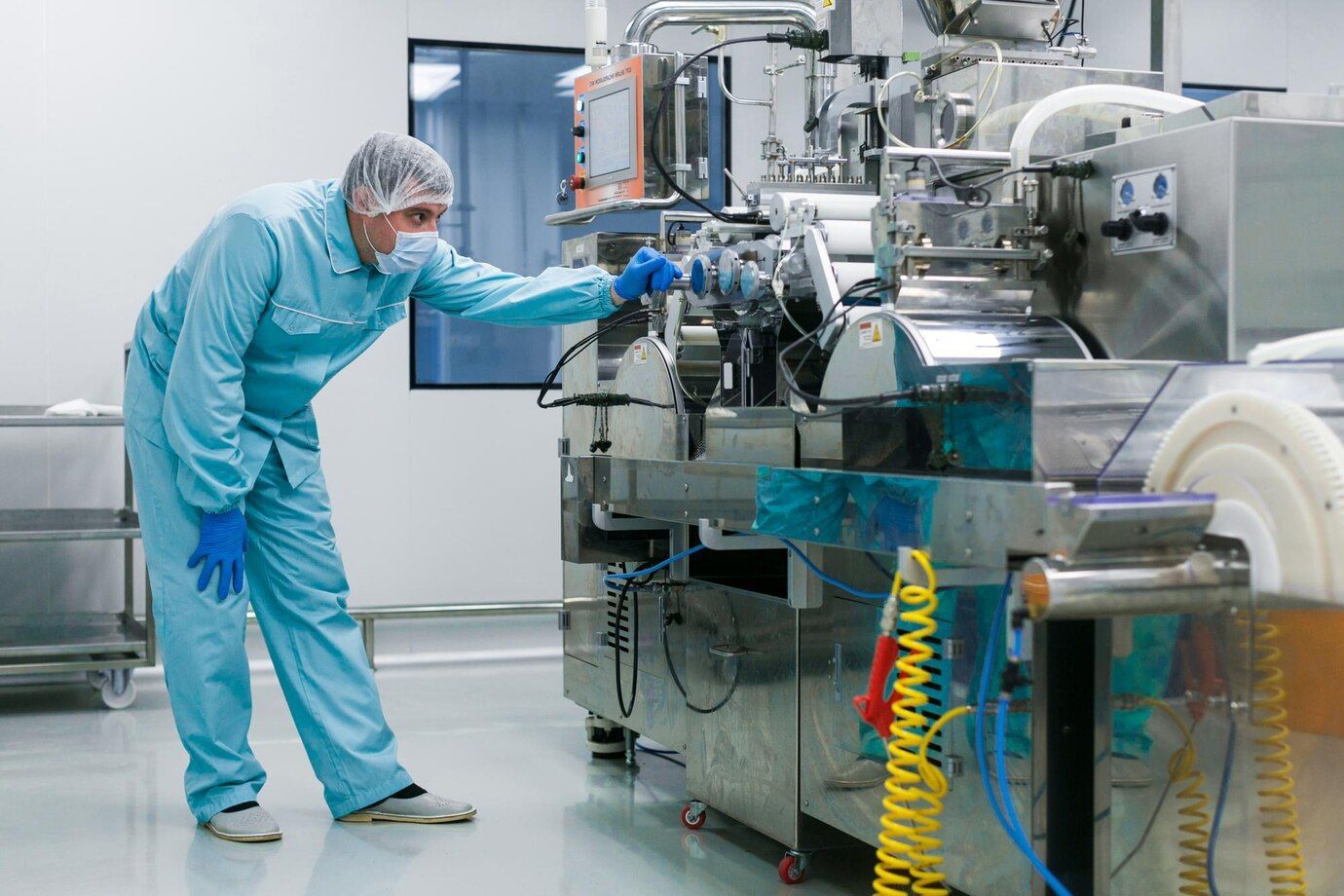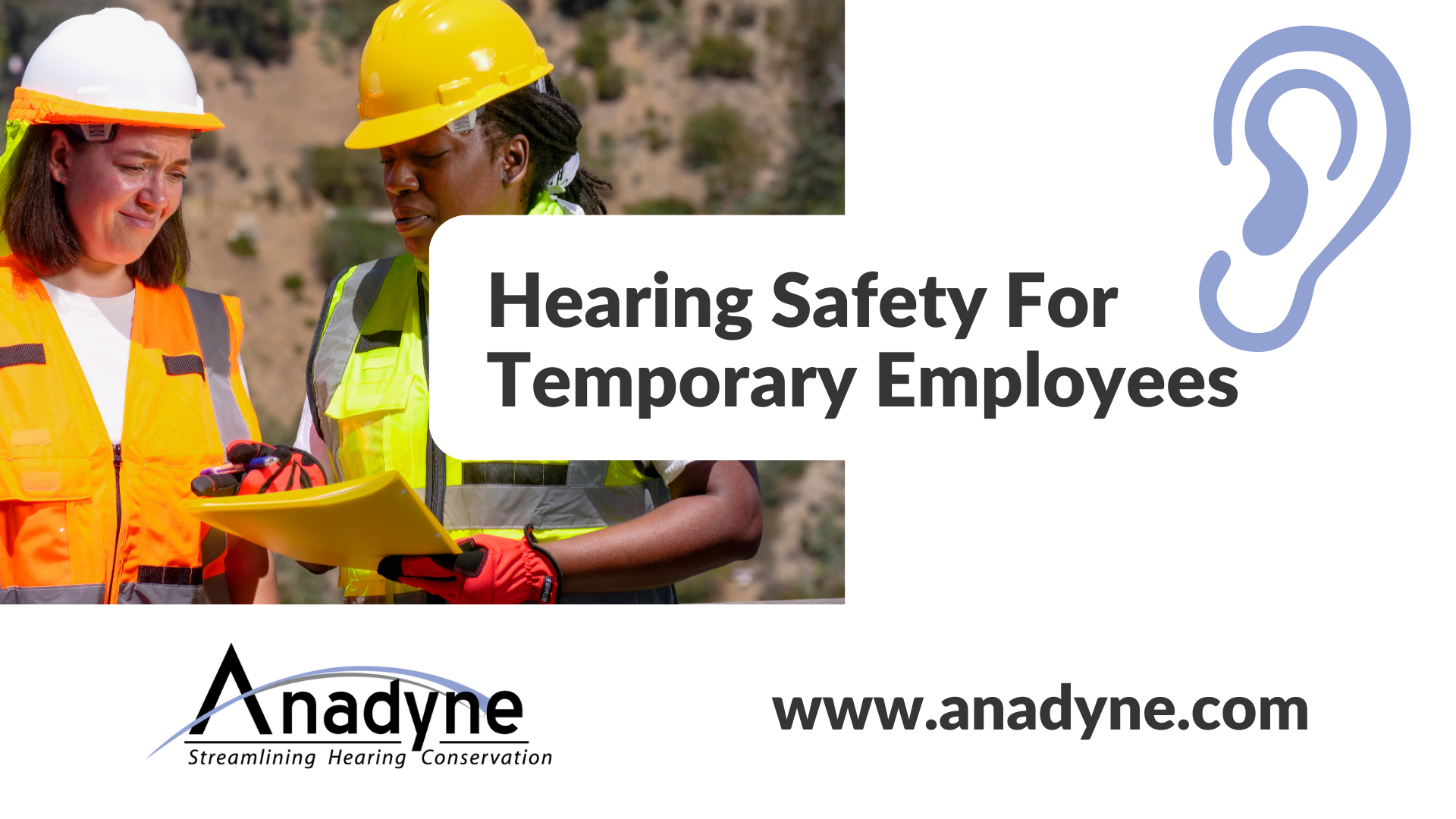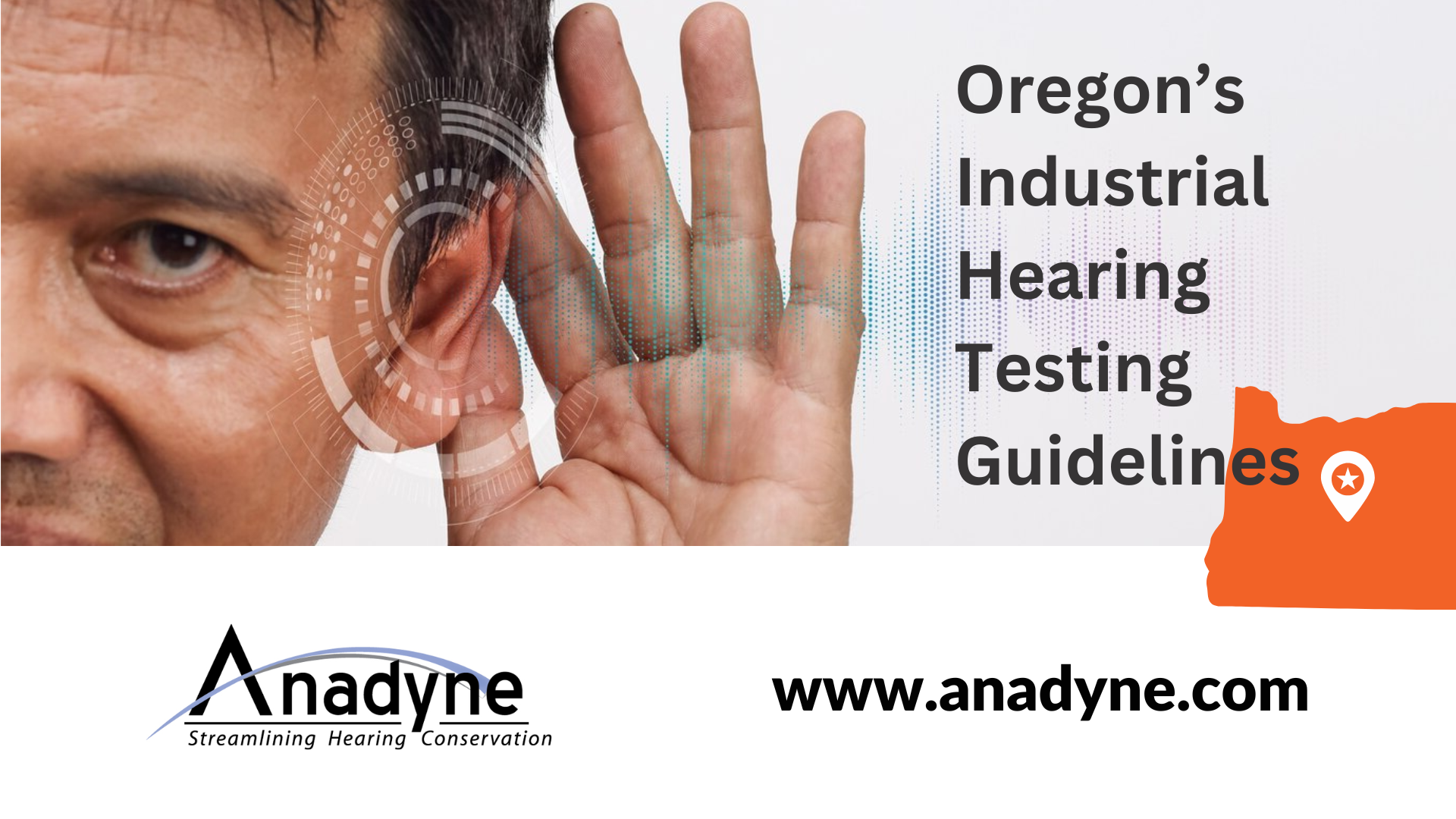Noise and Hearing Loss Prevention
Deanna Lennox • May 10, 2022
Noise and Hearing Loss Prevention
Hearing Loss Prevention
Hearing loss is the third most frequent chronic physical condition in the United States, after high blood pressure and arthritis. Hearing loss is one of the most common work-related ailments. Every day, workers are exposed to occupational noise dangers. Here are a few guidelines for businesses and employees to help decrease the risks of workplace noise exposure.
Did you know that workers in every industry area are at risk for hearing loss as a result of their jobs?
- Almost all hearing loss caused by one's job is permanent, and it can have a significant influence on one’s quality of life.
- Hearing and understanding others becomes increasingly difficult as hearing loss develops, which can lead to isolation.
- Hearing loss is linked to cognitive (mental) deterioration as well as heart issues like high blood pressure and heart disease. Depression is also closely linked to hearing loss.
- When all the sounds we desire to hear (e.g., music, a loved one’s voice) become muffled and of poor quality, hearing loss can lead to a loss of enjoyment.
- Tinnitus (ringing in the ears), which is frequently connected with hearing loss, can affect sleep and concentration and is linked to melancholy and anxiety.
- Hearing loss might compromise one’s safety at home and at work.
- Workers with hearing loss often earn less money than workers with good hearing.
- Fortunately, today’s hearing loss prevention tactics and technologies can almost always avoid work-related hearing loss.
What can employees do to avoid hearing loss at work?
Determine whether the noise in your workplace is dangerous.
- If you have to raise your voice to communicate with someone at arm’s length, the noise level is likely dangerous.
- You can also use a sound level metre app on your phone, such as the NIOSH Sound Level Meter app, to assess the noise level.
- Check the noise levels in your workplace with your safety manager or direct supervisor to ensure they are below 85dBA.
Reduce your exposure to noise:
- Take a break from all the noise.
- Reduce noise pollution at its source. Use quieter equipment and keep it well greased and maintained. Close off the source of the noise or put a barrier between you and it. Increase the distance between yourself and the noise source.
- Spend less time in noisy settings.
- In noisy environments, always wear hearing protection and make sure that foam plugs are properly inserted.
- If you’re listening to music or whatever else, keep the volume down and listen exclusively in quiet areas.
Reduce or eliminate chemical exposure that could harm your hearing:
- Use a chemical that is less hazardous or non-toxic.
- Wear gloves, long sleeves and eye protection.
- Wear a respirator or other protective equipment, as appropriate.
- Read and follow all chemical safety instructions.

There are thousands of industrial hearing protection options out there - which type of noise blocking is right for your employees? Our filtered industrial hearing protection combines the best of electronic hearing protection & solid hearing protection devices, ensuring your employees can communicate safely without the hassle of electronics.









